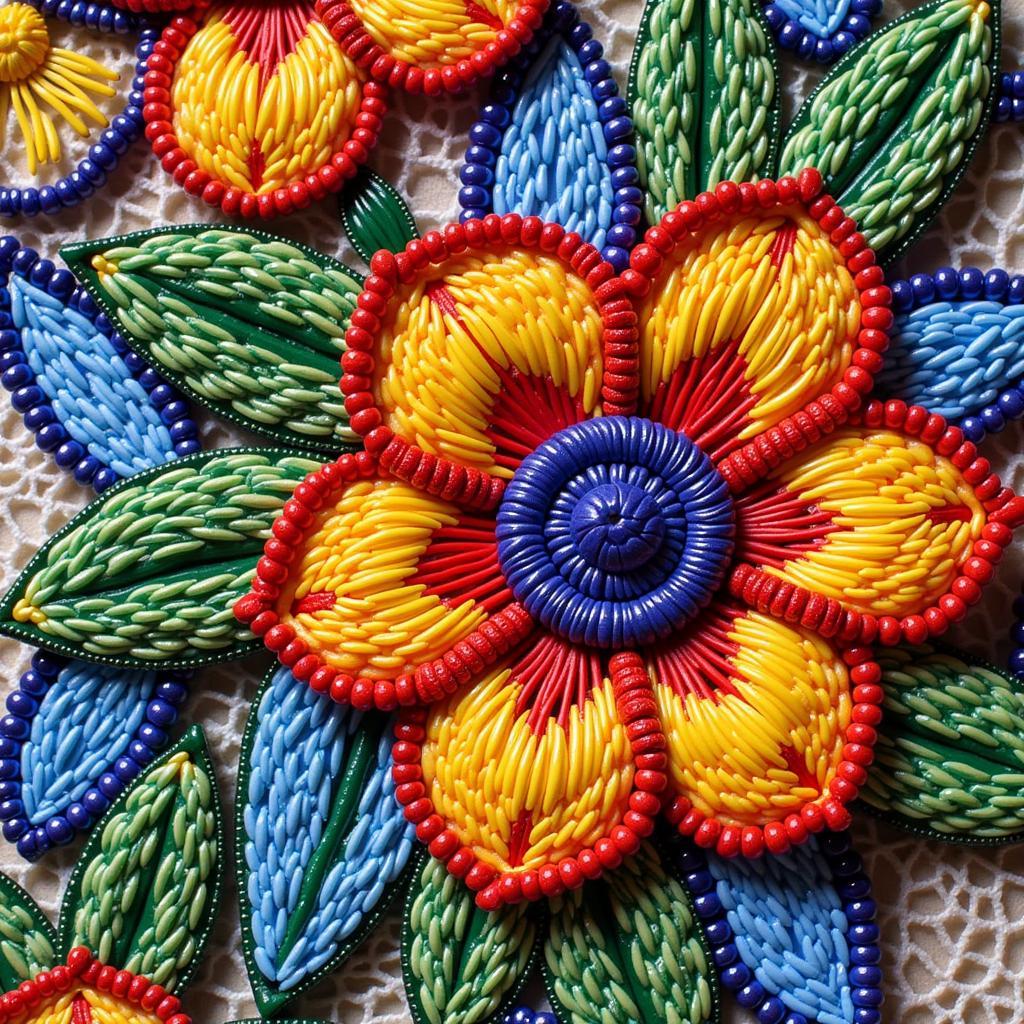Discovering African Domestic Cat Breeds: A Journey into Feline Heritage
African Domestic Cat Breeds, often overlooked in favor of more internationally recognized varieties, possess a unique charm and fascinating history interwoven with the continent’s diverse cultures. These felines have adapted to a wide range of environments, from the arid savannahs to the lush rainforests, developing distinct characteristics that make them captivating companions. This article delves into the world of these remarkable cats, exploring their origins, unique traits, and the important role they play in African communities.
The history of African domestic cat breeds is as rich and varied as the continent itself. While pinpointing the exact origins of domestication can be challenging, evidence suggests a long-standing relationship between humans and felines in Africa. These cats likely played a crucial role in controlling rodent populations, protecting valuable crops and stored grains. Over time, certain traits became more desirable, leading to the development of distinct breeds. These breeds are not always formally recognized by international cat associations, but they hold a special place in the hearts of those who share their lives with them. One notable example is the Abyssinian cat, believed to have descended from ancient Egyptian cats. More recent studies suggest a closer link to the coast of the Indian Ocean. It is speculated that British soldiers brought them back to Europe in the 19th century.
Unveiling the Unique Traits of African Cats
What sets African domestic cat breeds apart? Their adaptability is undoubtedly a key characteristic. These cats have evolved to thrive in diverse climates, demonstrating resilience and resourcefulness. Many possess short, sleek coats suited to warmer temperatures, while others sport thicker fur to withstand cooler mountain air. Beyond their physical adaptations, these cats often exhibit a strong independent streak, a testament to their self-sufficient nature. Let’s not forget the African Wildcat, a close relative of domestic cats, which provides fascinating insights into the ancestral lineage of these felines. You might be surprised to learn about the African jungle cat hybrid, a topic we’ve covered before.
Some African cats display a remarkable affinity for water, a trait not commonly associated with felines. This love for water likely stems from their adaptation to environments where water sources are scarce and precious. They may be seen paddling in shallow streams or even taking a dip in a pond, demonstrating a unique connection to their surroundings. For a deeper understanding of domestic animals in Africa, check out our article on African domestic animals.
Exploring the Cultural Significance of African Cat Breeds
African cats are more than just pets; they hold a significant place in the cultural tapestry of many communities. In some cultures, cats are revered as symbols of good luck or protectors of the home. They are often integrated into folklore and traditional stories, highlighting their importance in the daily lives of people across the continent. This deep-rooted connection speaks to the enduring bond between humans and animals in Africa. Interestingly, cattle also hold a significant cultural and economic importance in Africa. Learn more about African cattle breeds in our dedicated article.
Are African Cat Breeds Right for You?
Choosing the right cat breed is a personal decision. If you’re considering an African cat breed, it’s crucial to research thoroughly. Understand their unique needs and temperament. Consider their activity levels, grooming requirements, and potential health concerns. While these cats can be wonderful companions, it’s essential to ensure a good fit for both you and the animal. Are you curious about other fascinating animals in Africa? Check out our article about the African cow like animal.
Conclusion: Celebrating the Diversity of African Felines
African domestic cat breeds offer a glimpse into the rich biodiversity and cultural heritage of the continent. Their unique adaptations, captivating personalities, and deep-rooted cultural significance make them truly remarkable companions. By learning more about these fascinating felines, we can gain a deeper appreciation for the interconnectedness of life on Earth. If you’re looking for a pet that embodies both resilience and charm, consider welcoming an African cat breed into your home. You might just discover a lifelong friend. Perhaps you’re interested in learning more about potentially dangerous canines in Africa. Our article on the African dangerous dog provides valuable information.
FAQ
-
Are African cat breeds hypoallergenic? No, no cat breed is truly hypoallergenic, though some may produce fewer allergens than others.
-
Are African cats good with children? This depends on the individual cat and its upbringing. Socialization from a young age is key.
-
Do African cats require special care? While their needs may vary depending on the specific breed, generally, they require similar care to other domestic cats.
-
Where can I adopt an African cat breed? Research reputable breeders or rescue organizations specializing in African cat breeds.
-
Are African cats prone to any specific health issues? Like all breeds, certain health conditions may be more prevalent. Consult with a veterinarian for breed-specific health information.
-
What is the average lifespan of an African cat breed? With proper care, African cats can live a similar lifespan to other domestic cats, typically 12-15 years.
-
Are African cats more independent than other cat breeds? Many African cat breeds exhibit a strong independent streak due to their adaptation to challenging environments.
Scenarios
- Scenario 1: You are looking for a cat that can adapt to a hot climate. African breeds with short coats are well-suited for warmer temperatures.
- Scenario 2: You are interested in a cat with a strong independent nature. Many African breeds exhibit self-sufficiency, making them suitable for individuals who appreciate a feline companion that can entertain itself.
- Scenario 3: You are fascinated by the cultural significance of cats in Africa and want to learn more about breeds that hold a special place in African communities. Research specific breeds and their associated folklore and traditions.
Further Exploration
- Learn more about African wildlife by exploring other articles on our website.
- Discover the diverse culinary traditions of Africa through our food section.
- Explore the vibrant art and music scene of different African countries.
For any further assistance, please contact us via Phone: +255768904061, Email: [email protected] or visit us at Mbarali DC Mawindi, Kangaga, Tanzania. We have a 24/7 customer service team ready to help.



